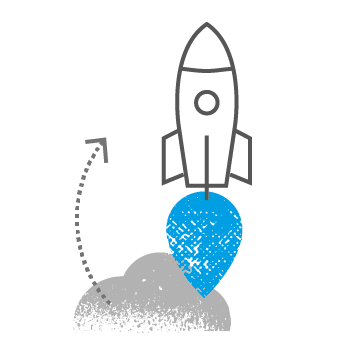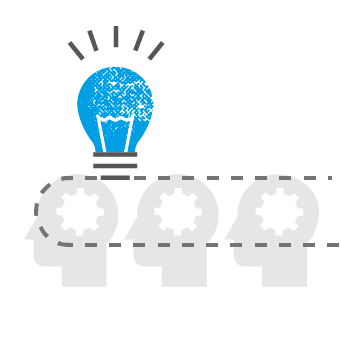-
More and more actors (researchers, politicians, citizens, activists, users, entrepreneurs …) and organisations (universities, administrations, NGOs, fab labs, companies …) are engaged in concrete technological developments, which interconnect machines, lifeworlds and databases, algorithms and practices within innovative networks
-
They consider very different goals and values (progress, responsibility, social justice, ecological efficiency, finding the truth, profitability, participation …)
-
and generate new forms of regulation: in politics (e.g., “Open Governance”), in the economy (e.g., “Green Economy”), in academia (e.g., “Open Science”) and in technology (e.g., “Open Innovation”)

Society and technology have entered into an extremely dynamic, reciprocal relationship. Be it the workplace, food, politics or science itself, information and neuro technologies, robotics and social media are just a few examples for technologies, which challenge our society. However, at the same time society challenges technology: Digital media encourage participatory politics and citizen science; industry relies on open, networked production; activists demand technology that is both innovative and sustainable; students want responsible research, which is not only excellent but also relevant.
We live in a technologised knowledge society through and through. Such a society does not only react to this dynamic, reciprocal relationship. Rather, we actively engage into its design through so-called “networks of socio-technical innovation”
This dynamism and diversity of socio-technical activities of innovation requires a new perspective from the sociology of science
-
… on the members of TechnoSociety (individual, collective, organised): What effects does assistive robotics have on patients, on careworkers’ training, on the architecture of hospitals – and vice versa?
-
… on the modes, which despite all dynamism establish sufficiently stable societal relations: What novel forms of governance emerge in current projects of technology, such as, the energy transition or autonomous driving?
-
… on science itself, which must operate now under socio-technical conditions: What effects do these have on research, which has to navigate between competition and cooperation, and which has to adjust itself to the task of innovation within technological development
We mainly work with explorative methods (e.g., participatory observation, video analysis) as well as in interdisciplinary teams. In doing so, we see ourselves not only as distanced observers but also as engaged, critical members of society. Our attention focuses on the details and circumstances, on the material and the imaginary, the diversity of perspectives and a courageous diagnosis.


